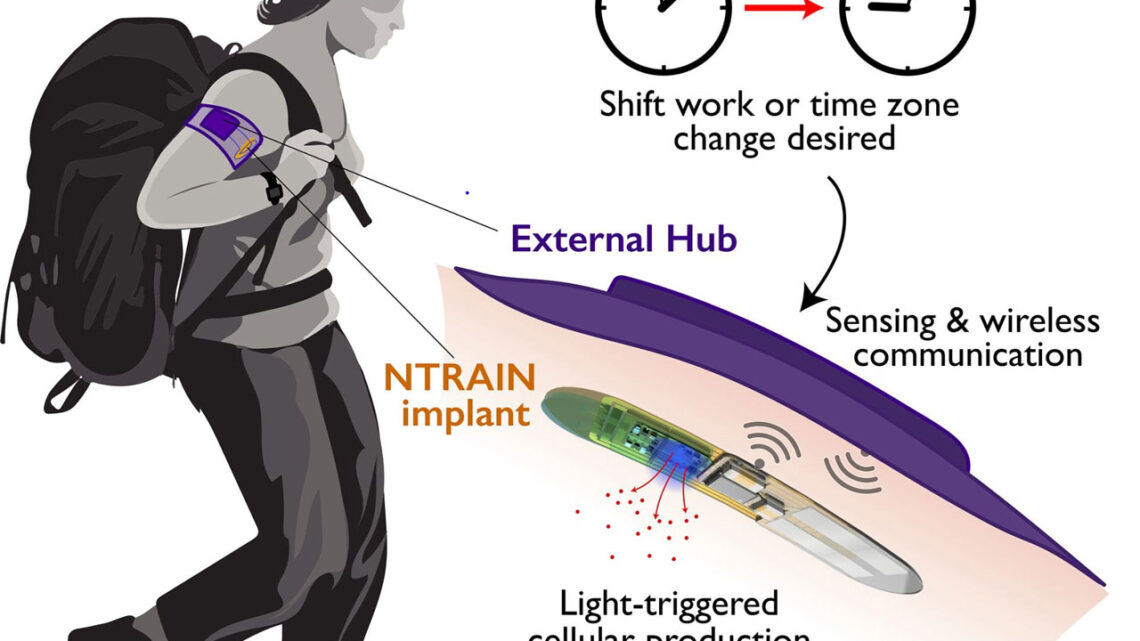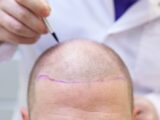
Rice engineers work on implants to control the body’s circadian clock
May 14, 2021Engineers at Nasi University are working on something funded by DARPA which one day can produce implants that can fight Jet Lag. Research at Padi University is part of a $ 33 million national effort to develop wireless devices and implants that can control the rhythm of the body’s circadian. Control the circadian rhythm can cut the time needed to recover from jet lag and other disorders in the sleep cycle / body wake into two.
The project aims to integrate bioelectronics, synthetic biology, and traditional electronics to create what is called the “Pharmacy Life” team to produce the same peptide molecules as the body naturally produces a setting sleep cycle. DARPA funds projects because the device can be the main tool for military personnel who often travel across several time zones, and first respondents and shift workers that oscillate between overnight and daylight shifts.
This device is called ntrain (normalizing the rhythm time on the internal network of circadian hours), and it is part of the DARPA Advanced Aclamation and Protection Tool for the program’s readiness (adapter) program that aims to overcome the challenges posed by travel, including jet lag, fatigue, and gastrointestinal problems. Ntrain will engineer cells to produce peptides to set the sleep cycle. The engineering cells respond to light that can be delivered by electronic control which adjusts the time and dose.
Researchers about the project said if they could bring all manufactures directly to patients and produce high-quality compounds on the basis needed, the possibilities are unlimited. Power and communication for implants will be sent using a weak magnetic field produced by the device that can be used.
This technology can provide all the power needed for the system while maintaining device security. The design only allows the device to communicate in the close field for one centimeter, so that each hacker must be in physical contact with the device.










